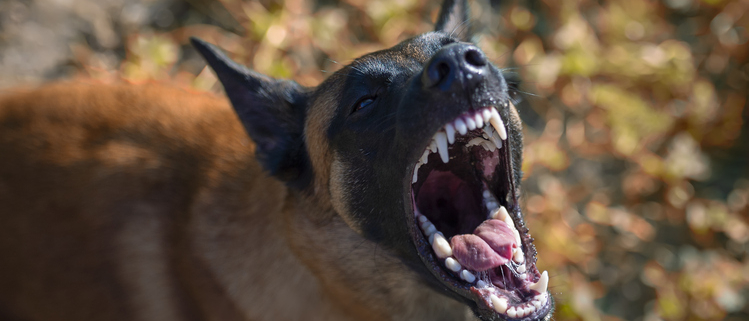Unraveling Canine Behavior: The Link Between Aggression and Canine Cognitive Dysfunction
As our beloved canine companions age, they may experience a range of
physical and cognitive changes, much like humans. One lesser-known
aspect of aging in dogs is the potential development of Canine
Cognitive Dysfunction (CCD), often referred to as “doggie dementia.”
While CCD primarily affects cognitive functions such as memory,
learning, and perception, recent studies have also shed light on its
correlation with changes in behavior, including aggression.
Understanding this connection is crucial for pet owners and
veterinarians alike in managing and addressing behavioral issues in
senior dogs.
Aggression in dogs with CCD can manifest in various forms, ranging
from increased irritability and vocalization to unprovoked aggression
toward family members or other animals. These behavioral changes may
be unsettling for pet owners who have known their dogs to be gentle
and affectionate companions throughout their lives. However, it’s
essential to recognize that these changes are often a result of
underlying cognitive decline rather than intentional aggression on the
dog’s part.
Addressing aggression in dogs with CCD requires a multifaceted
approach that combines behavioral management strategies with
veterinary care. Veterinarians can conduct thorough evaluations to
rule out any underlying medical conditions contributing to the
aggression and prescribe appropriate medications or supplements to
manage cognitive decline. Additionally, pet owners can implement
environmental modifications, such as maintaining a consistent routine,
providing mental stimulation, and ensuring a safe and stress-free
living environment. By understanding the link between aggression and
CCD, pet owners can offer their senior dogs the support and care they
need to navigate the challenges of aging with dignity and compassion.



